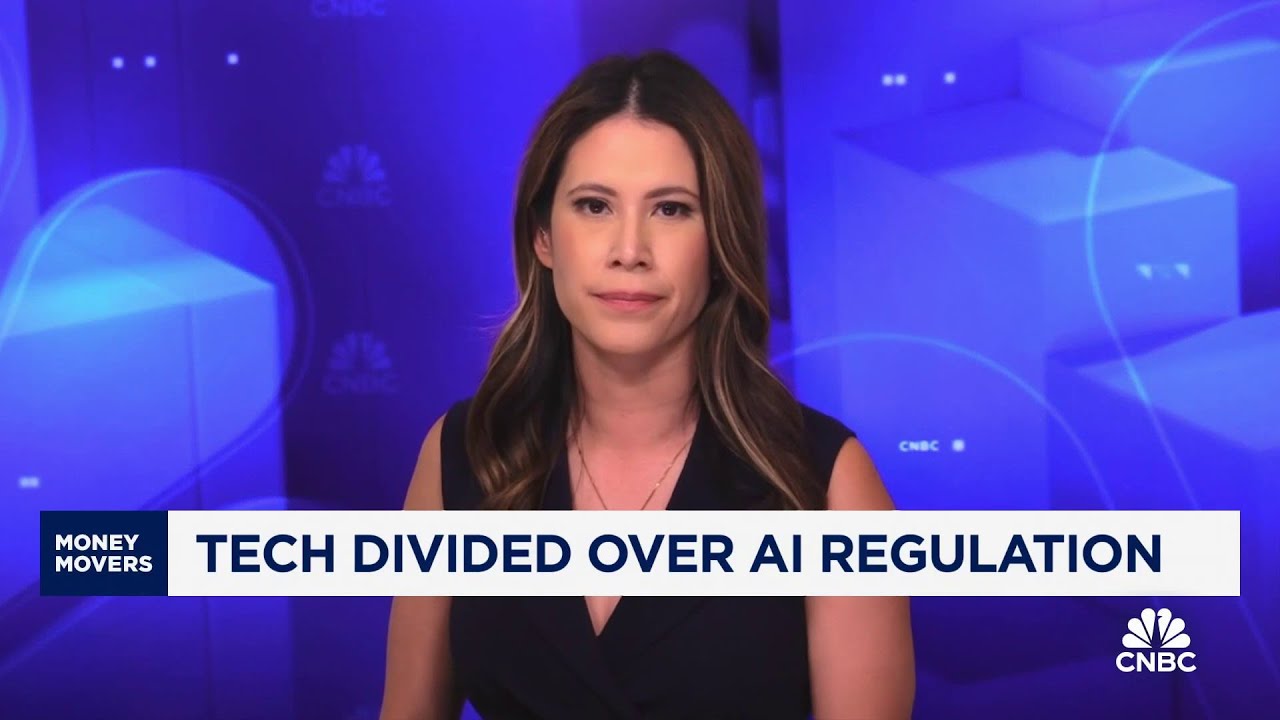Elon Musk has endorsed a California AI safety bill that requires large-scale AI models to undergo safety testing, contrasting with the opposition from major tech companies like OpenAI and Meta. This legislation, which aims to implement third-party audits for AI developers, has sparked a polarized debate within the tech industry about the balance between innovation and regulatory oversight.
Elon Musk has publicly supported a California bill aimed at regulating artificial intelligence (AI) development, which stands in stark contrast to the positions taken by major tech companies like OpenAI and Meta, both of which have opposed the legislation. This divergence highlights a significant split in the tech industry regarding AI safety and regulation. The bill, known as Senate Bill 1047, is designed to require large-scale AI models to undergo safety testing, a move that has garnered mixed reactions from various stakeholders in the tech community.
The bill mandates that companies developing AI models, particularly those powering chatbots, must submit to third-party audits to assess their safety practices. Critics, including representatives from OpenAI, argue that the enforcement mechanisms of the bill could be problematic. They express concerns about the potential for overreach and the implications of empowering the state’s attorney general to take legal action against non-compliant developers. This has led to a polarized debate, with larger tech firms generally opposing the bill while smaller AI startups and nonprofits tend to support it.
Musk’s endorsement of the bill is particularly noteworthy given his involvement in AI development through his own startup, X.AI. His support suggests a complex stance on AI safety, as he has previously called for a pause in AI training due to rising risks. Musk’s position may also be strategic, as he could be seeking to influence the regulatory landscape in a way that benefits his business interests while also addressing safety concerns.
The California bill is currently progressing through the state legislature and must be passed by the end of the week to reach Governor Gavin Newsom for approval. The urgency of the situation is underscored by the fact that many Fortune 500 companies are closely monitoring the potential impacts of AI regulation. A recent article highlighted that a significant portion of these companies view AI regulation as a risk, indicating widespread concern about how such laws could affect their operations.
Overall, Musk’s support for the California AI safety bill represents a significant moment in the ongoing conversation about AI regulation. As the tech industry grapples with the implications of AI development and safety, the outcome of this legislation could set important precedents for how AI is governed in the future. The contrasting views among major players in the industry reflect the complexities and challenges of balancing innovation with safety and accountability in the rapidly evolving field of artificial intelligence.
